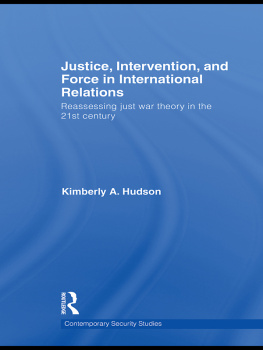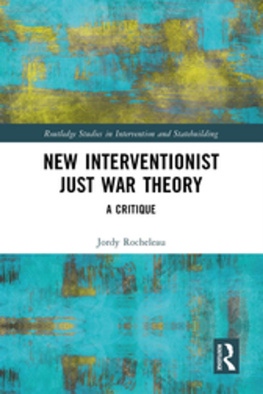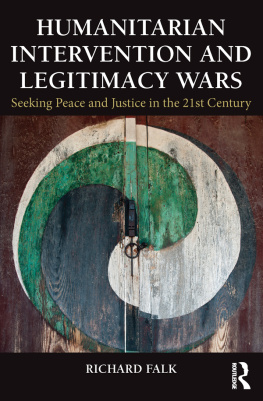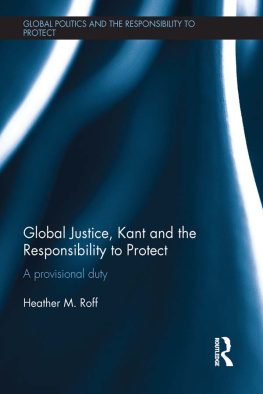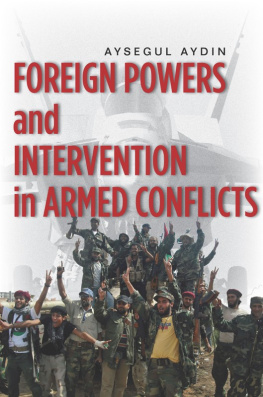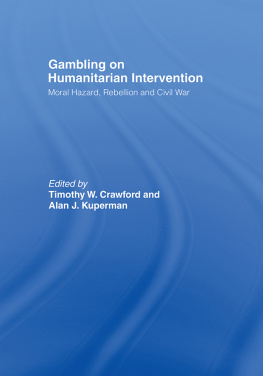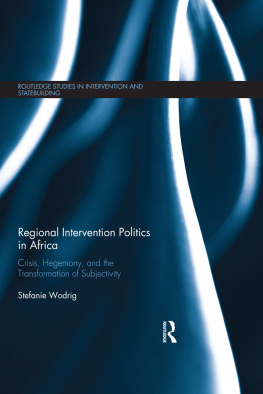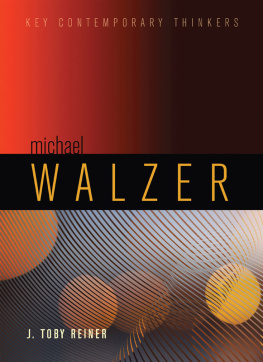Kimberly A. Hudson - Justice, Intervention, and Force in International Relations: Reassessing Just War Theory in the 21st Century
Here you can read online Kimberly A. Hudson - Justice, Intervention, and Force in International Relations: Reassessing Just War Theory in the 21st Century full text of the book (entire story) in english for free. Download pdf and epub, get meaning, cover and reviews about this ebook. year: 2009, publisher: Routledge, genre: Politics. Description of the work, (preface) as well as reviews are available. Best literature library LitArk.com created for fans of good reading and offers a wide selection of genres:
Romance novel
Science fiction
Adventure
Detective
Science
History
Home and family
Prose
Art
Politics
Computer
Non-fiction
Religion
Business
Children
Humor
Choose a favorite category and find really read worthwhile books. Enjoy immersion in the world of imagination, feel the emotions of the characters or learn something new for yourself, make an fascinating discovery.
- Book:Justice, Intervention, and Force in International Relations: Reassessing Just War Theory in the 21st Century
- Author:
- Publisher:Routledge
- Genre:
- Year:2009
- Rating:3 / 5
- Favourites:Add to favourites
- Your mark:
Justice, Intervention, and Force in International Relations: Reassessing Just War Theory in the 21st Century: summary, description and annotation
We offer to read an annotation, description, summary or preface (depends on what the author of the book "Justice, Intervention, and Force in International Relations: Reassessing Just War Theory in the 21st Century" wrote himself). If you haven't found the necessary information about the book — write in the comments, we will try to find it.
This book analyses the problems of current just war theory, and offers a more stable justificatory framework for non-intervention in international relations.
The primary purpose of just war theory is to provide a language and a framework by which decision makers and citizens can organize and articulate arguments about the justice of particular wars. Given that the majority of conflicts that threaten human security are now intra-state conflicts, just war theory is often called on to make judgments about wars of intervention. This book aims to critically examine the tenets of just war theory in light of these changes, and formulate a new theory of intervention and just cause.
For Michael Walzer, the leading scholar of just war theory, armed humanitarian intervention is permissible only in cases of genocide, ethnic cleansing, widespread massacres, or enslavement. This book shows why this threshold is too restrictive in light of the progressive shift away from interstate conflict as well as the emerging norms of sovereignty as responsibility and the responsibility to protect. Justice, Intervention and Force in International Relations aims to establish a new, stable foundation for non-intervention and a revised threshold for just cause. In addition, this book demonstrates that over-reliance on the just cause category distorts understanding, analysis, and public discussion of the justice or injustice of resorting to war.
This new book will be of much interest to students of ethics, security studies, international relations and international law.
Kimberley Hudson is Assistant Professor of Political Science at American International College, and has a Phd in International Relations from Brown University.
Kimberly A. Hudson: author's other books
Who wrote Justice, Intervention, and Force in International Relations: Reassessing Just War Theory in the 21st Century? Find out the surname, the name of the author of the book and a list of all author's works by series.

